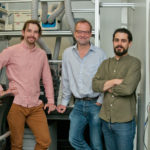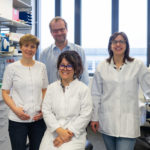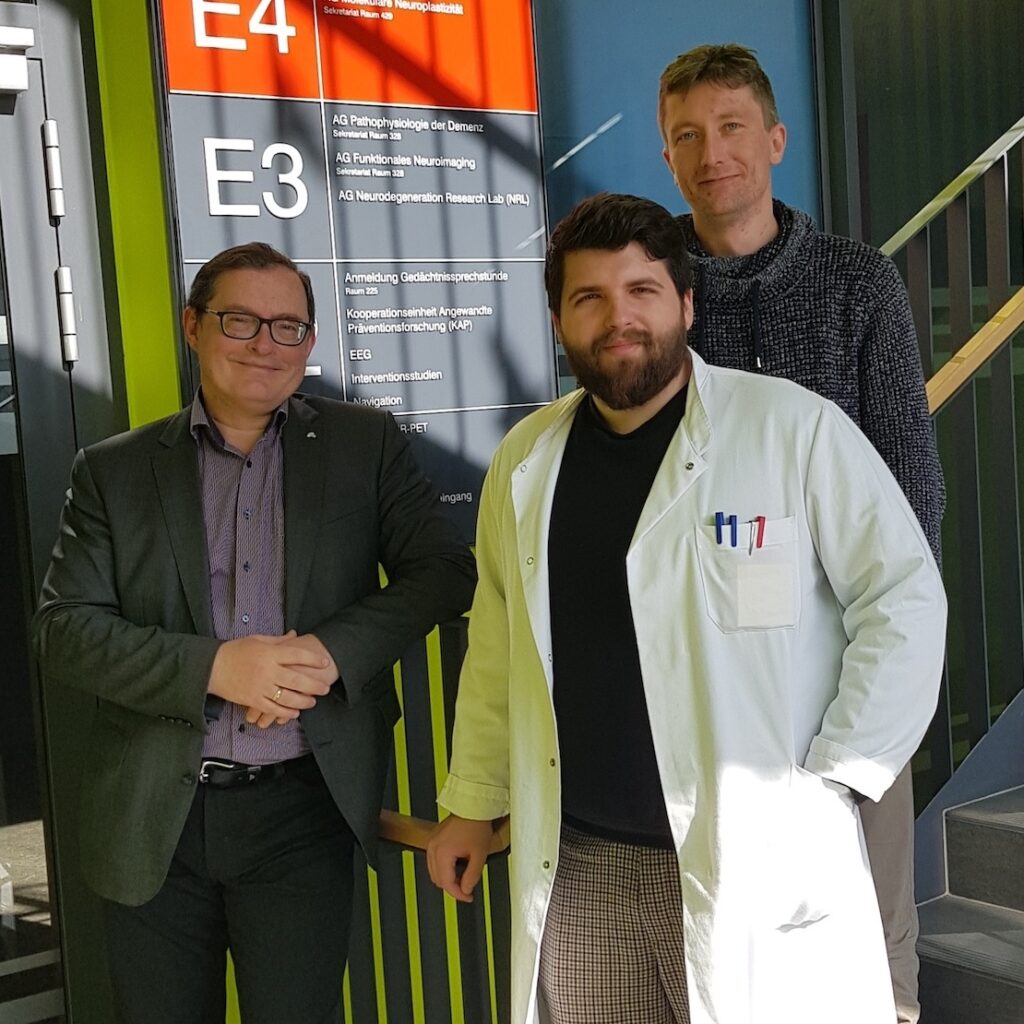
Project A1:
Cell type-specific roles of mechanosensitive Piezo1 channels in aging-associated decline in synaptic plasticity (Mihail-Sebastian Ghenghea, Stepan Aleshin, Alexander Dityatev(PI))
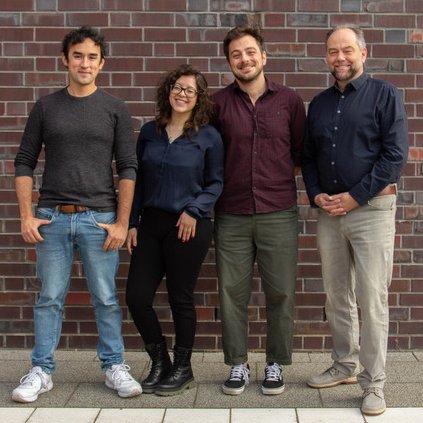
Project A2:
Mechanotransduction and the ageing synapse: roles of the Hippo kinase Ndr2 (Allison Loaiza, Kevin Jonischkies, Jeimmy Cerón, Yunus Demiray, Miguel Del Ángel, Oliver Stork(PI))
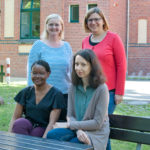
Project A3:
Mechanotransduction and the ageing synapse: Rejuvenating Extracellular Matrix, Piezo 1 and Hippo signaling at perisynaptic sites (Varshini Padmanabhan, Nicholas McKinney, Anke Müller, Daniela Dieterich(PI))
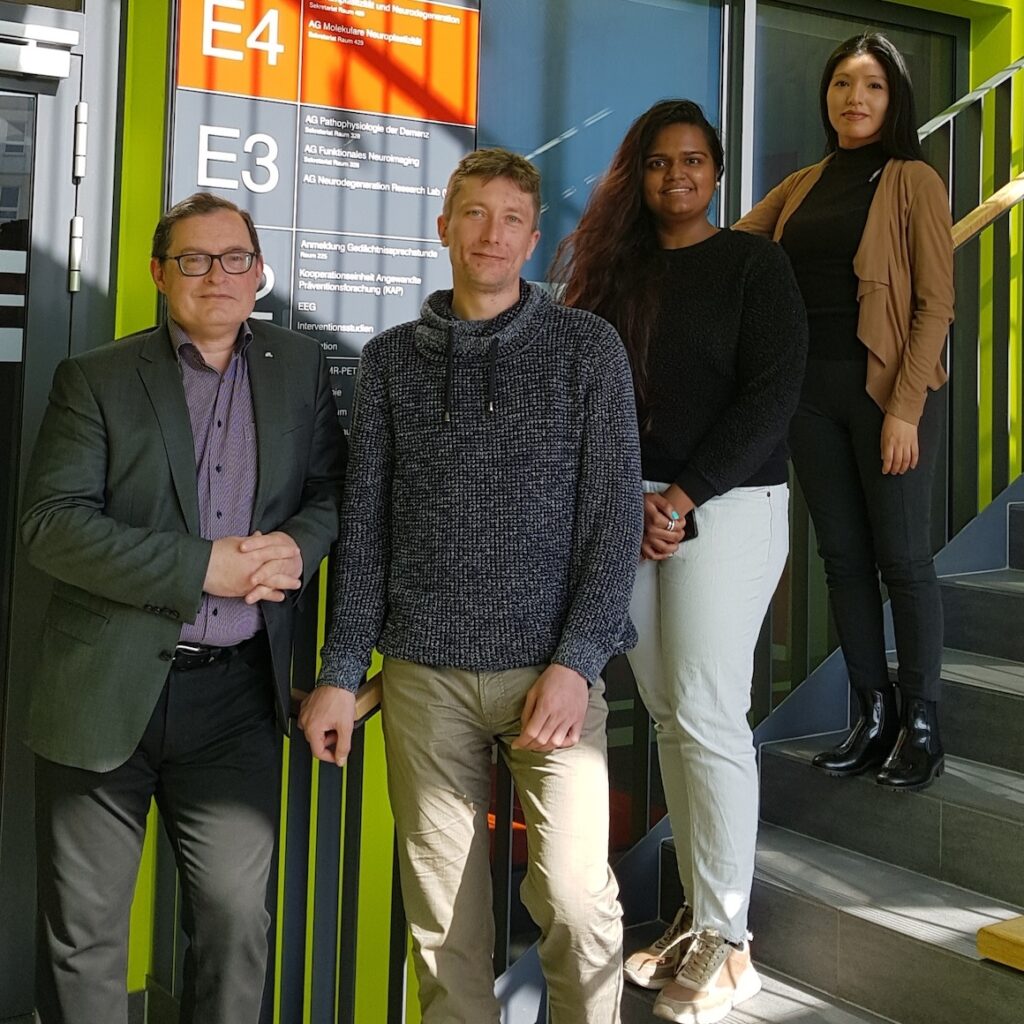
Project B1:
Microvascular, neural network and synaptic remodeling in aged mice (Akilashree Senthilnathan, Carla Cangalaya, Stepan Aleshin, Alexander Dityatev(PI))
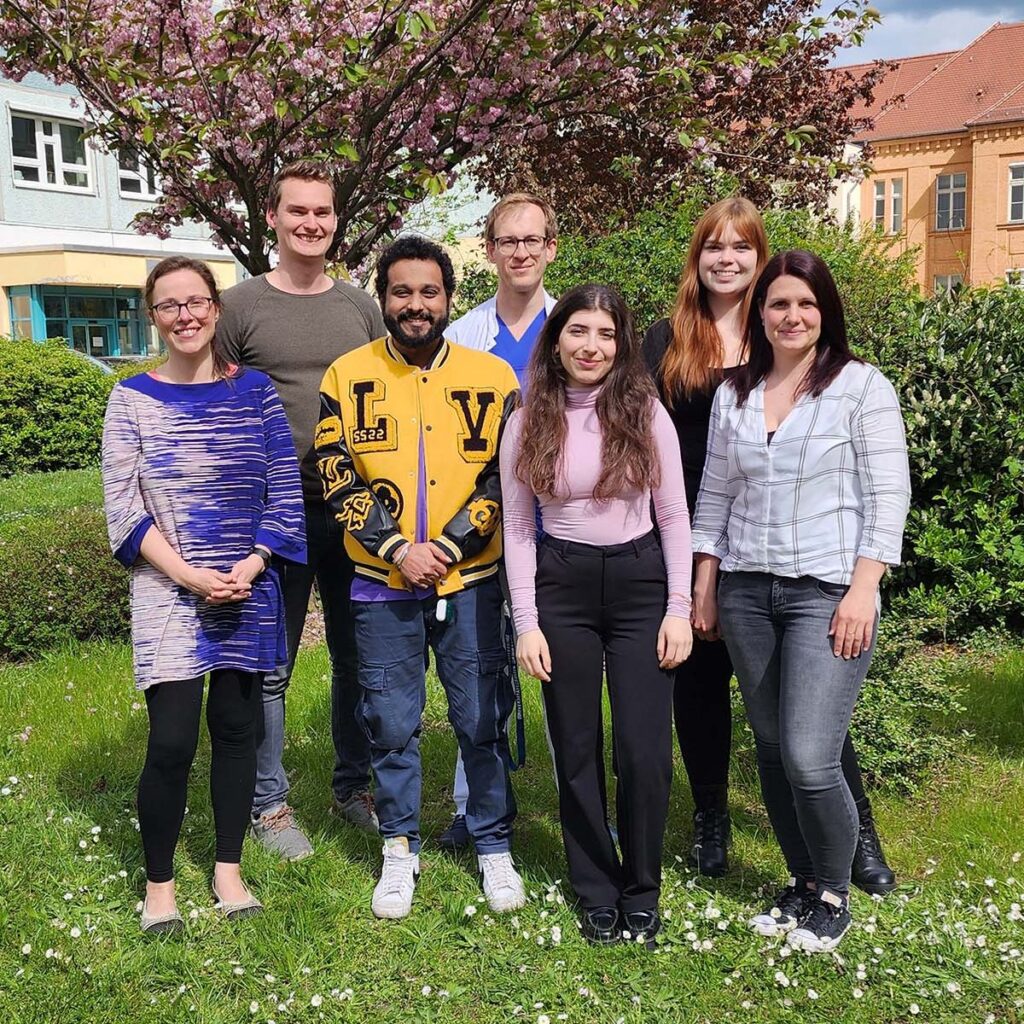
Project B2:
Microvascular and synaptic plasticity in aging (Rahul Previn, Christiane Piechowiak, Philipp Arndt, Patrick Müller, Solveig Henneicke, Stefanie Schreiber(PI))
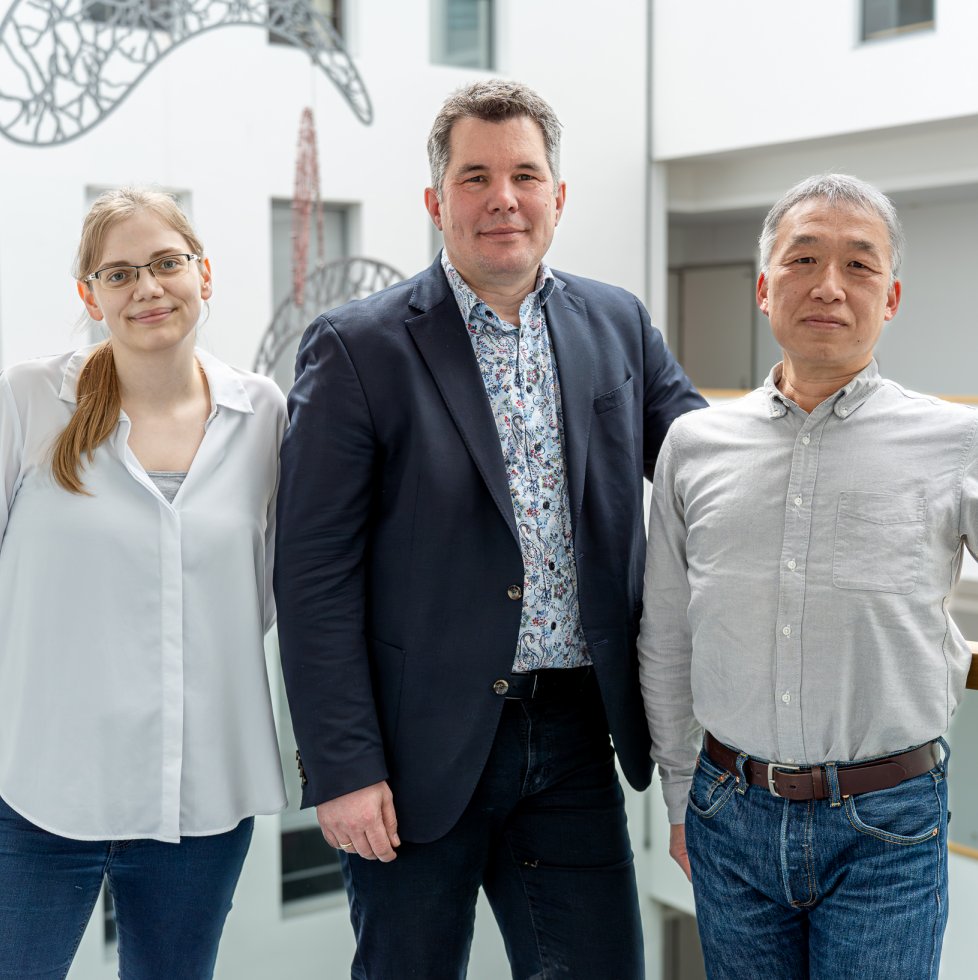
Project C2:
Role of cholinergic cell-classes in the medial septum and its hippocampal efferents in high-risk ageing (Damaris Holder, Hiroshi Kaneko, Stefan Remy(PI))
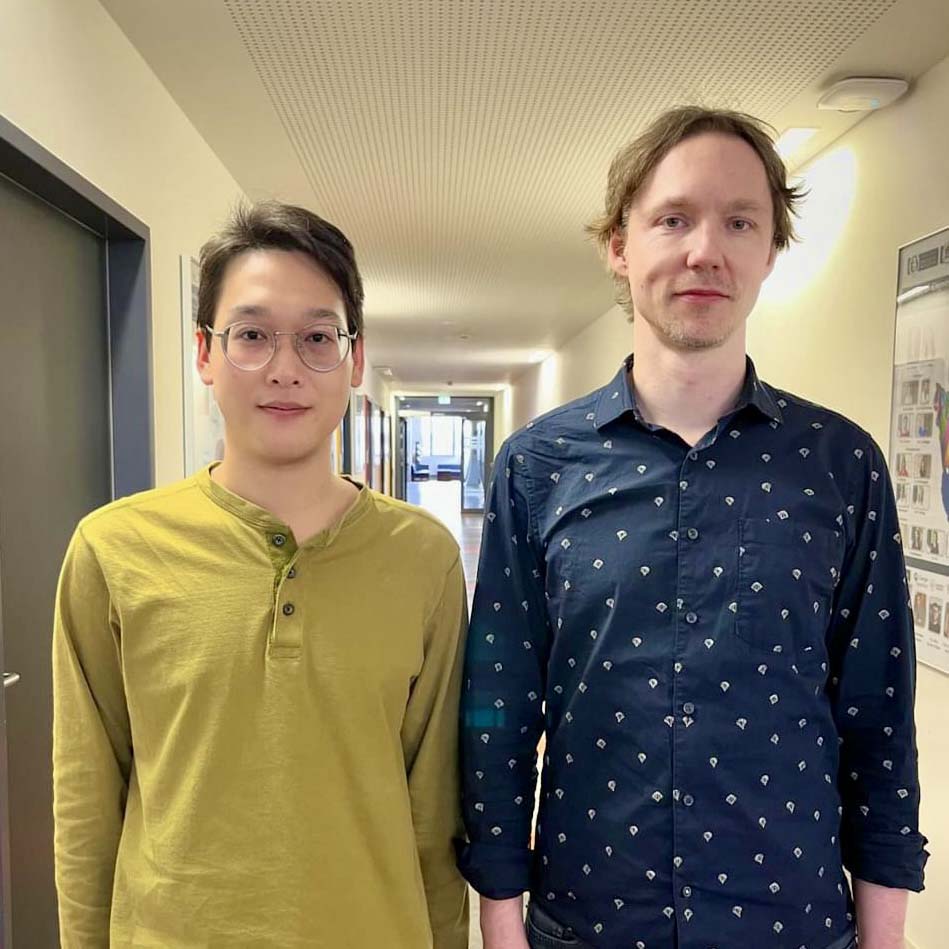
Project C3:
Impact of Synaptic Insulin Resistance on Cognitive Decline in Aging and Alzheimer’s Disease (Yanin Suksangkharn, Gabriel Ziegler, Emrah Düzel(PI))
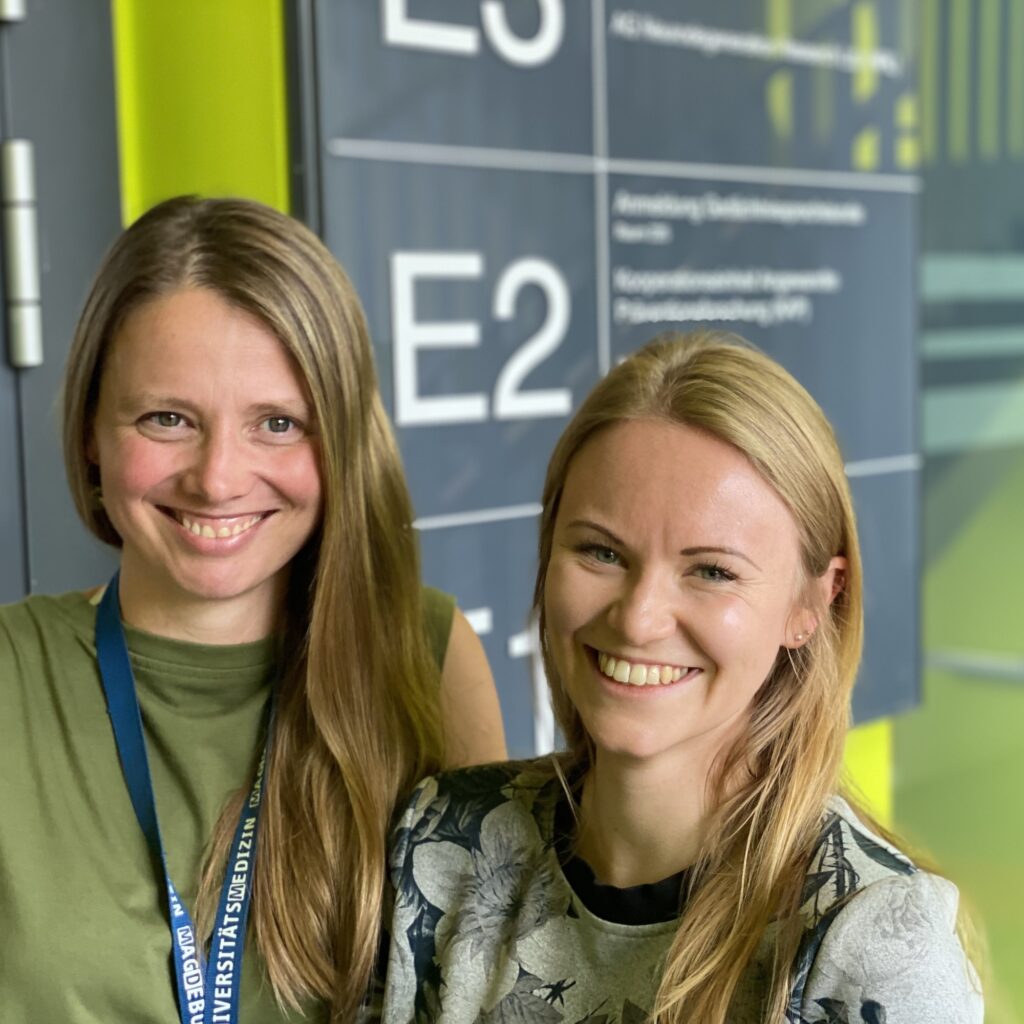
Project D1:
Aberrant memory-related network activity and connectivity in hippocampal-posterior cortical circuits with ageing (Larissa Fischer, Anne Maass(PI))
Project D1 (3rd cohort):
Role of neuronal and physiological factors in aberrant functional brain activity in the spectrum of healthy cognitive ageing and preclinical Alzheimer’s disease (Niklas Behrenbruch, Anne Maass(PI))
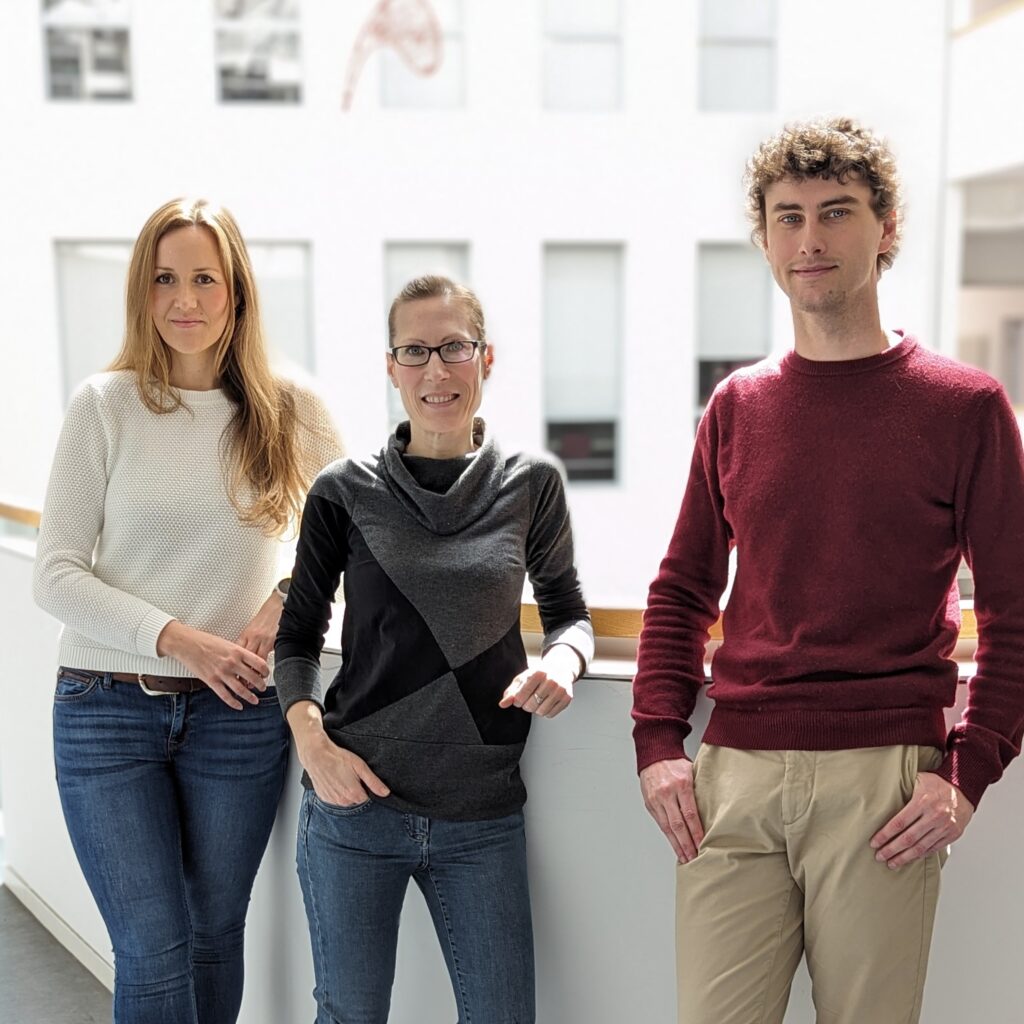
Project D2:
Synaptic changes and aberrant memory-related network excitability in hippocampal-posterior cortical circuits with ageing (Konstantin Schlaaff, Julia Henschke, Janelle Pakan(PI))
Project D2 (3rd cohort):
Molecular and circuit mechanisms underlying aberrant network activity in hippocampal-posterior midline regions of aging mice (Anil Menon, Julia Henschke, Janelle Pakan(PI))
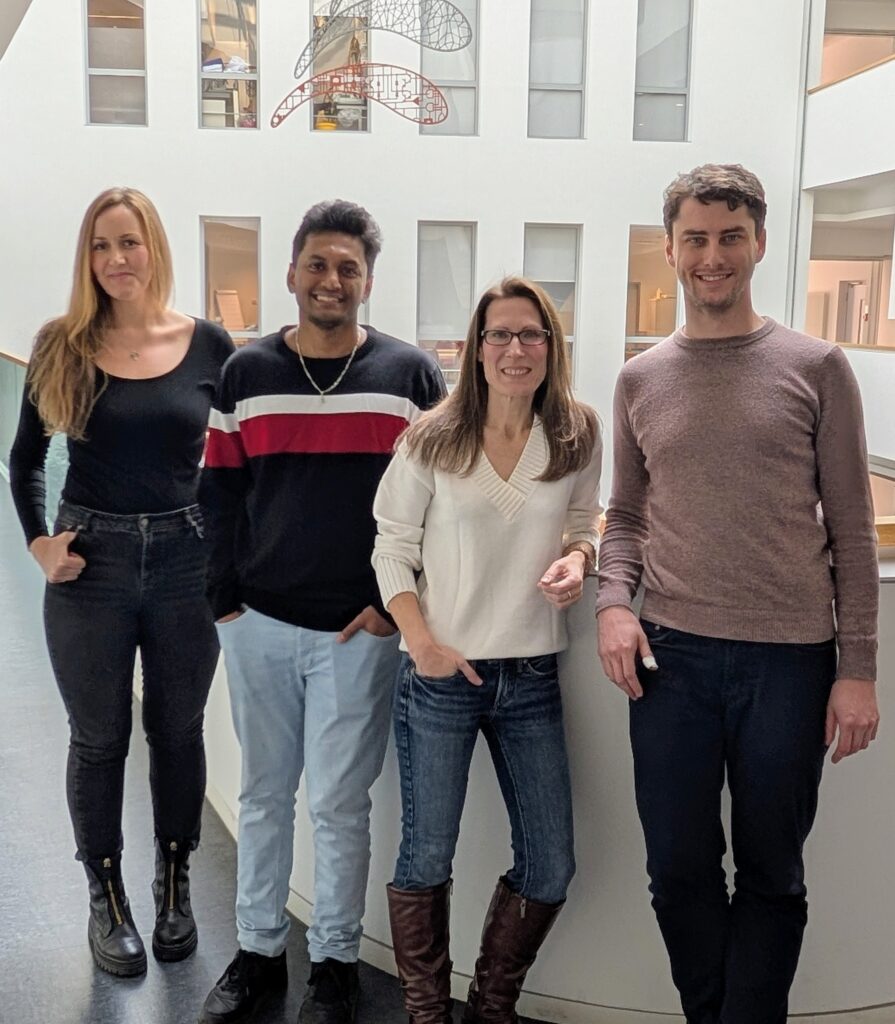
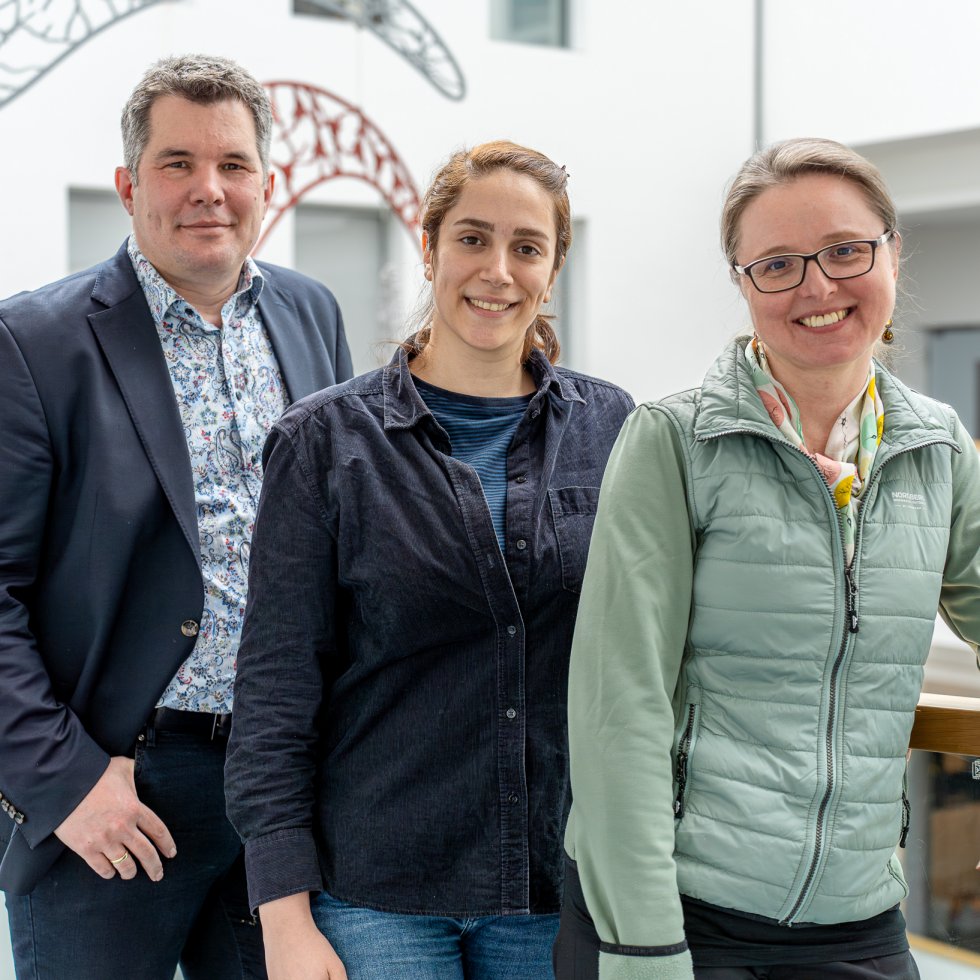
Project D3:
Synaptic and network excitability changes in hippocampal-posterior cortical circuits with ageing (Kimia Farghadayn, Liudmila Sosulina, Stefan Remy(PI))
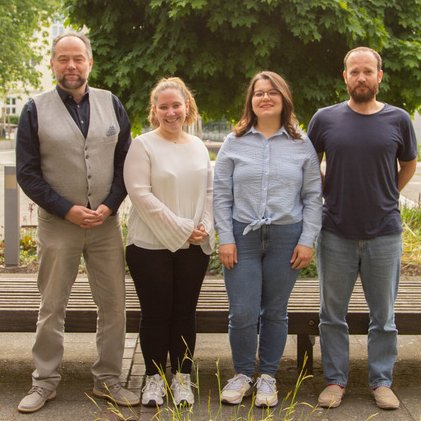
Project E2:
Cholinergic mechanisms underlying novelty detection and novelty responding via local circuits in the dentate gyrus (Elif Kain, Sara Enrile Lacalle, Gürsel Caliskan, Oliver Stork(PI))
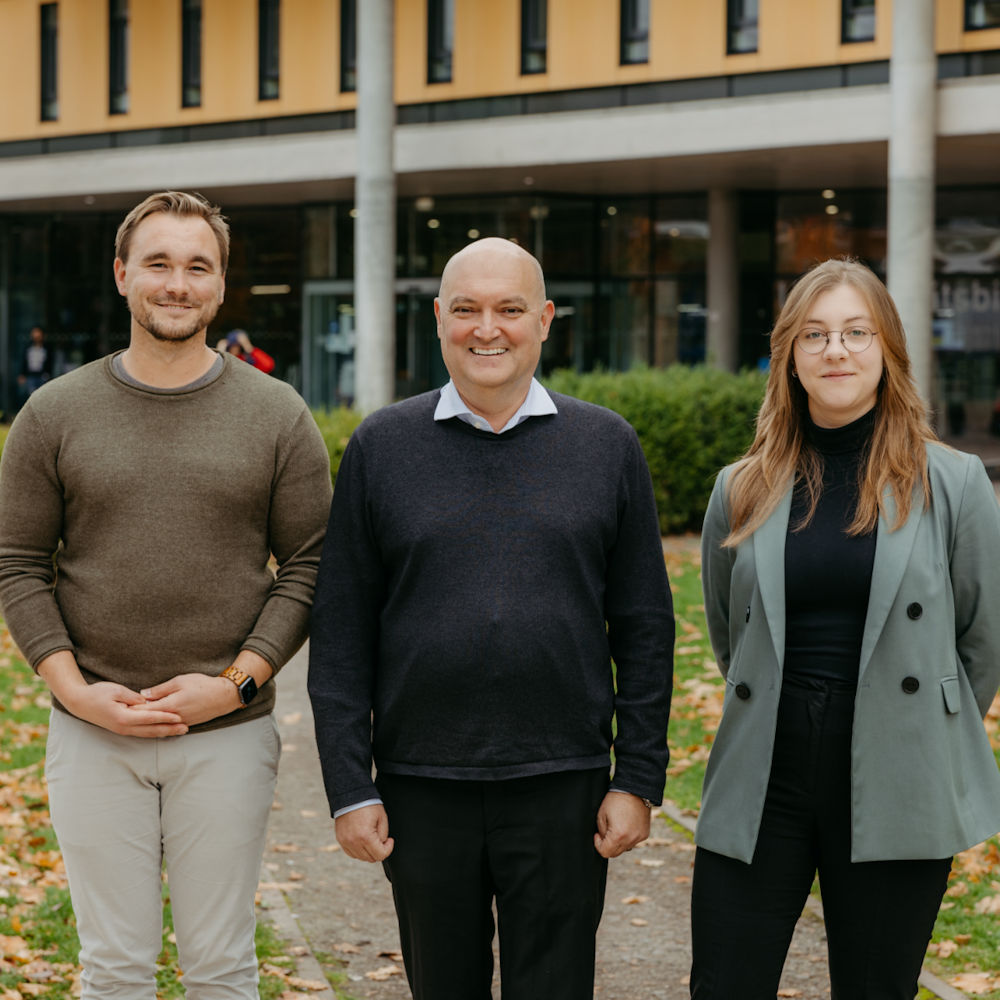
Project E3:
Cholinergic modulation of cingulo-hippocampal mechanisms underlying cognitive control, novelty detection and memory (Lena Kuczka, Alexander Weuthen, Markus Ullsperger(PI))
